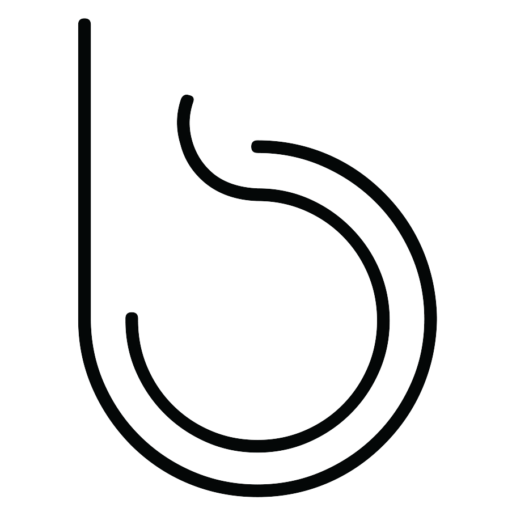
Cycle Monitoring
What is Cycle Monitoring?
Cycle monitoring is a fertility assessment process that involves tracking your menstrual cycle closely to understand your ovulation patterns and optimise the timing for conception. Through a series of ultrasounds and blood tests, cycle monitoring provides detailed insights into your reproductive health, helping to identify the most fertile days for natural conception or assisted reproductive treatments such as IUI or IVF.
Who is Cycle Monitoring For?
Cycle monitoring is ideal for women who want to better understand their fertility, whether they are trying to conceive naturally or undergoing fertility treatments. It is particularly helpful for those with irregular cycles, conditions such as PCOS, or unexplained infertility. It can also be used as part of fertility preservation or planning for treatments like IVF.
Dr Shabana Bora, MBBS, MRCOG
Understanding your cycle is the first step towards optimising your chances of conception. With precise monitoring and expert guidance, clarity is just an appointment away.
The Procedure
The cycle monitoring process is straightforward and involves several key steps:
Initial Consultation
We begin with a consultation to understand your medical history, menstrual cycle patterns, and any fertility concerns you may have.
Ultrasound Scans
Throughout your cycle, we perform a series of ultrasound scans to monitor follicle development and the thickness of your uterine lining. This helps us identify the optimal time for conception or treatment.
Blood Tests
Blood tests are used to measure hormone levels, such as oestrogen and progesterone, which provide critical information about your cycle phase and ovulation.
Ovulation Tracking
Based on the data collected, we can accurately predict ovulation and advise you on the best time for natural conception or planned treatment.
What to Expect
Cycle monitoring is a non-invasive process that typically spans a single menstrual cycle. You may need to visit the clinic for scans and blood tests multiple times, but these appointments are quick and designed to fit around your schedule. The information gathered allows for precise planning, increasing your chances of successful conception.
Common Questions
Is cycle monitoring painful? No, cycle monitoring is generally painless. Ultrasound scans are non-invasive, and blood tests involve a simple blood draw.
How many appointments are needed? Usually, around three to five visits are required throughout your cycle to accurately monitor changes and predict ovulation.
Can cycle monitoring help with irregular cycles? Yes, cycle monitoring is particularly useful for women with irregular menstrual cycles, as it provides clarity on ovulation timing and underlying issues.
Do I need to take any medications? Not necessarily. Cycle monitoring can be done naturally, although medication may be recommended if you are undergoing fertility treatment.
What if I don’t ovulate during the cycle? If ovulation does not occur, we can explore further diagnostic options to understand the cause and recommend suitable treatments.
Your Next Steps
If you want to learn more about your cycle and optimise your chances of conception, book a consultation today. Our team is here to guide you through every step with personalised care and expert advice.
